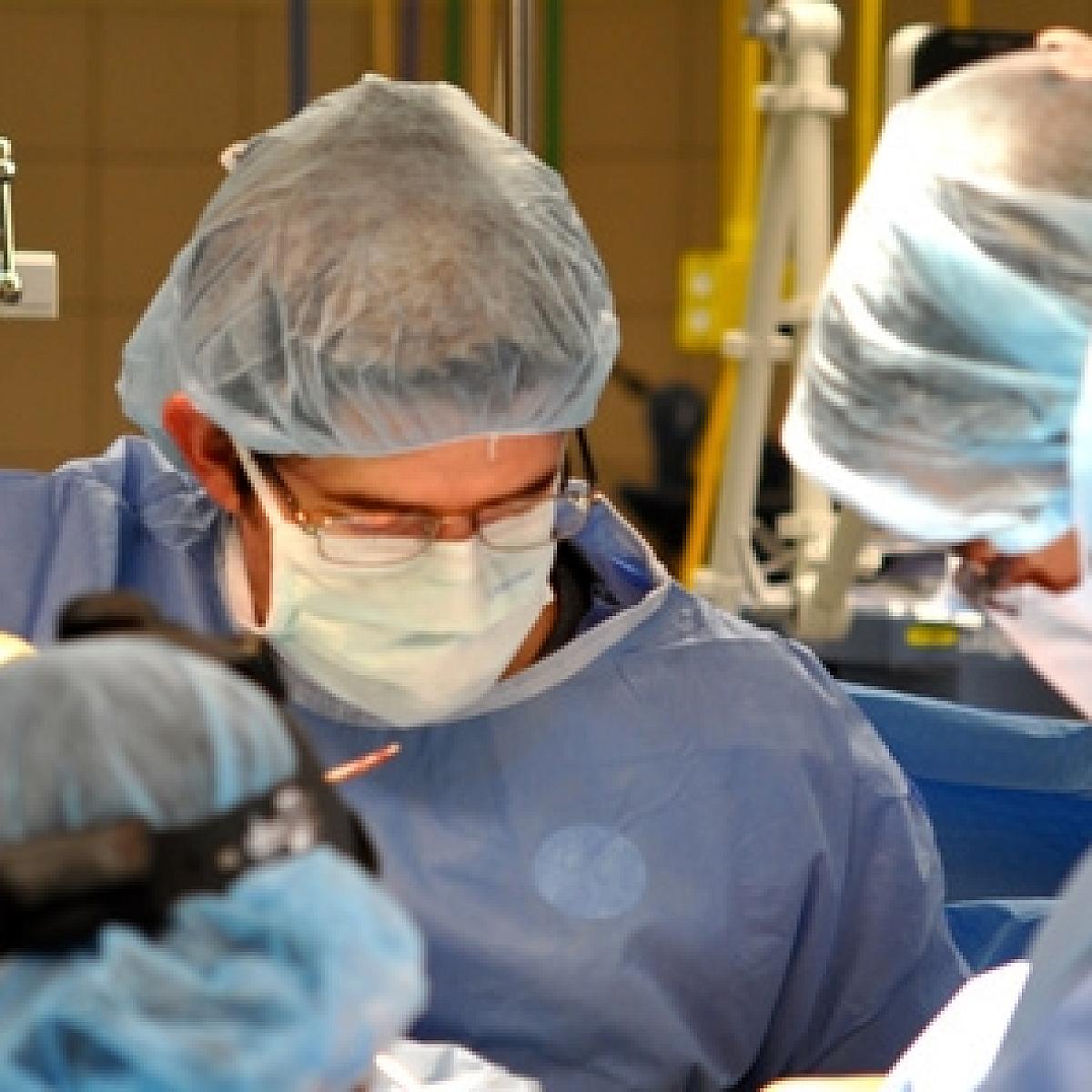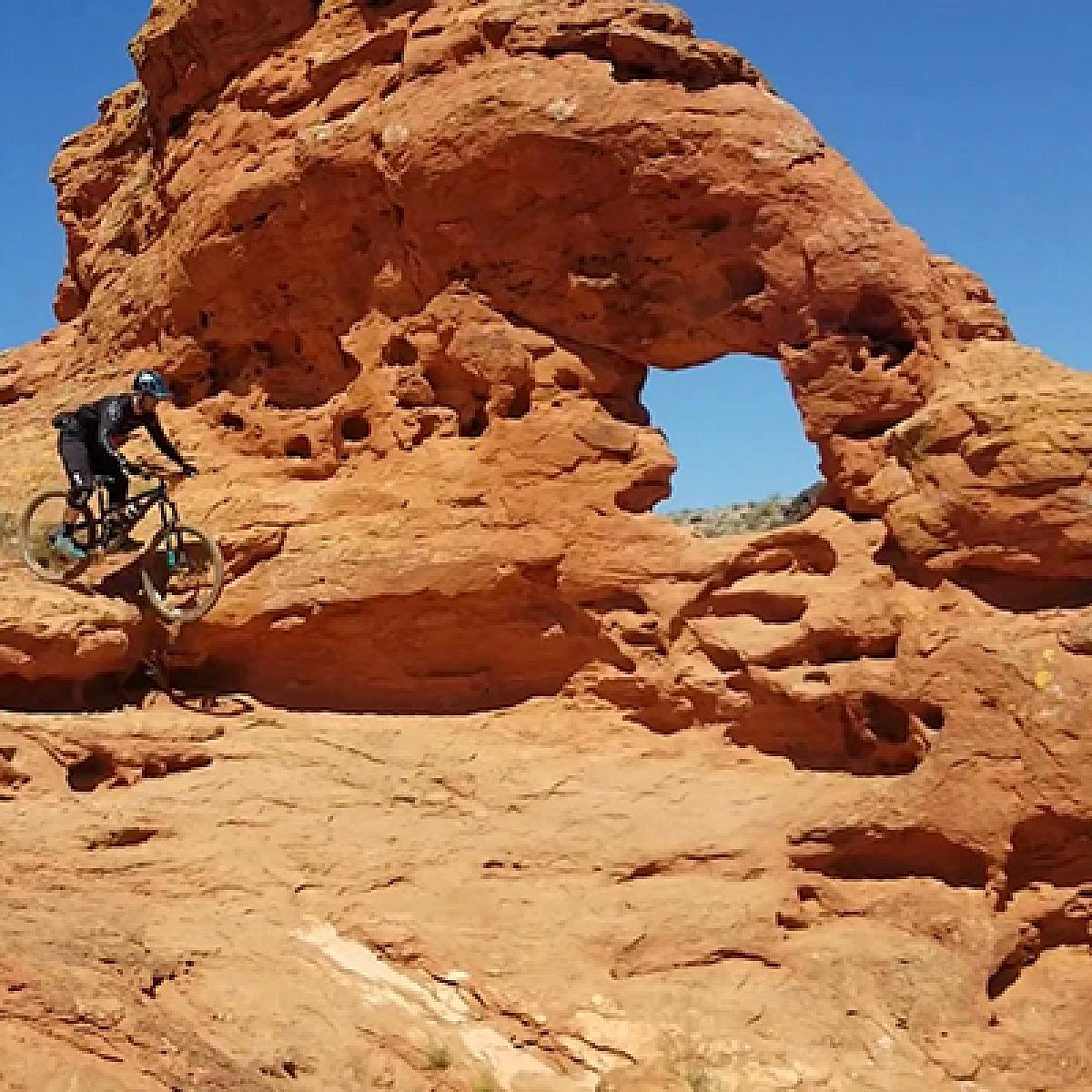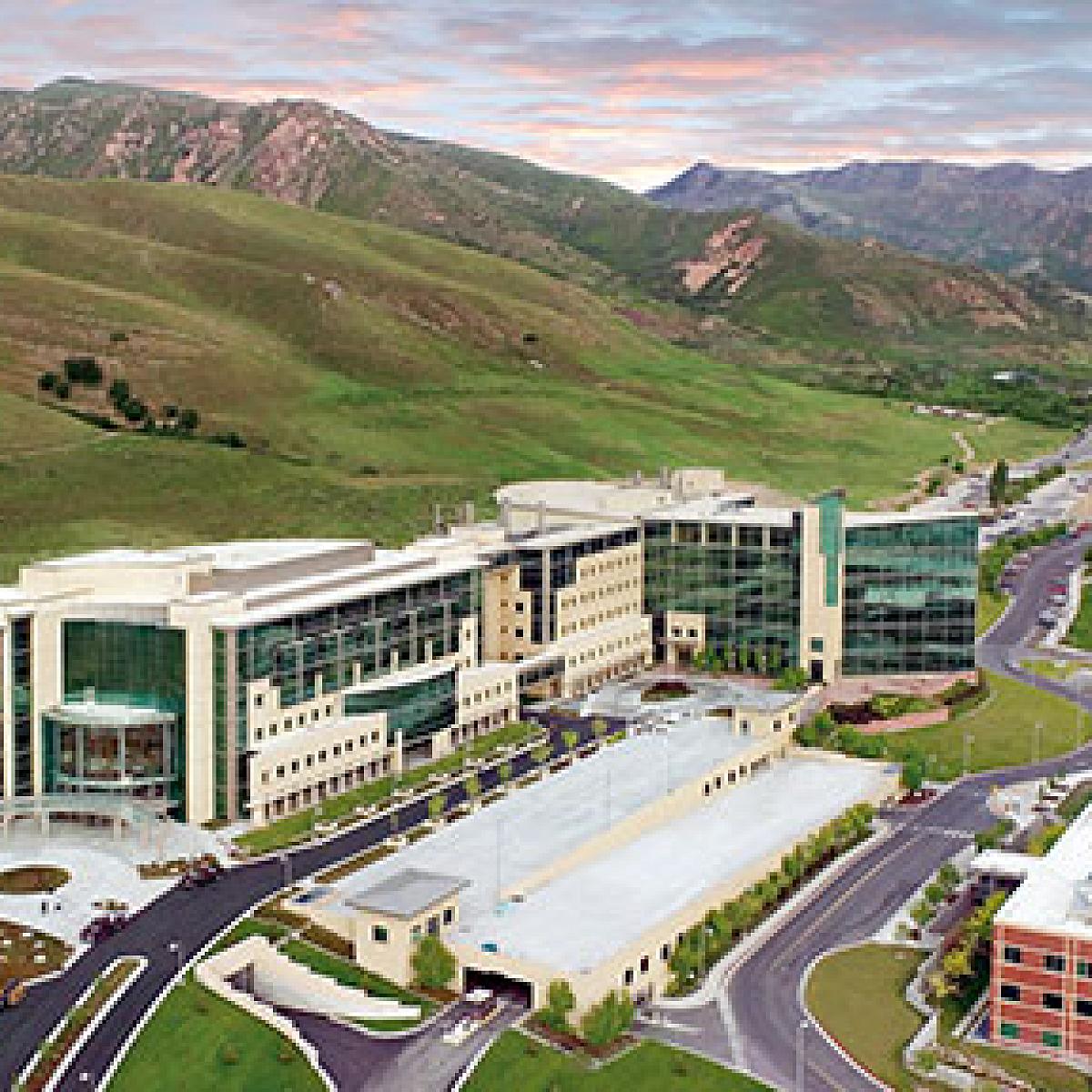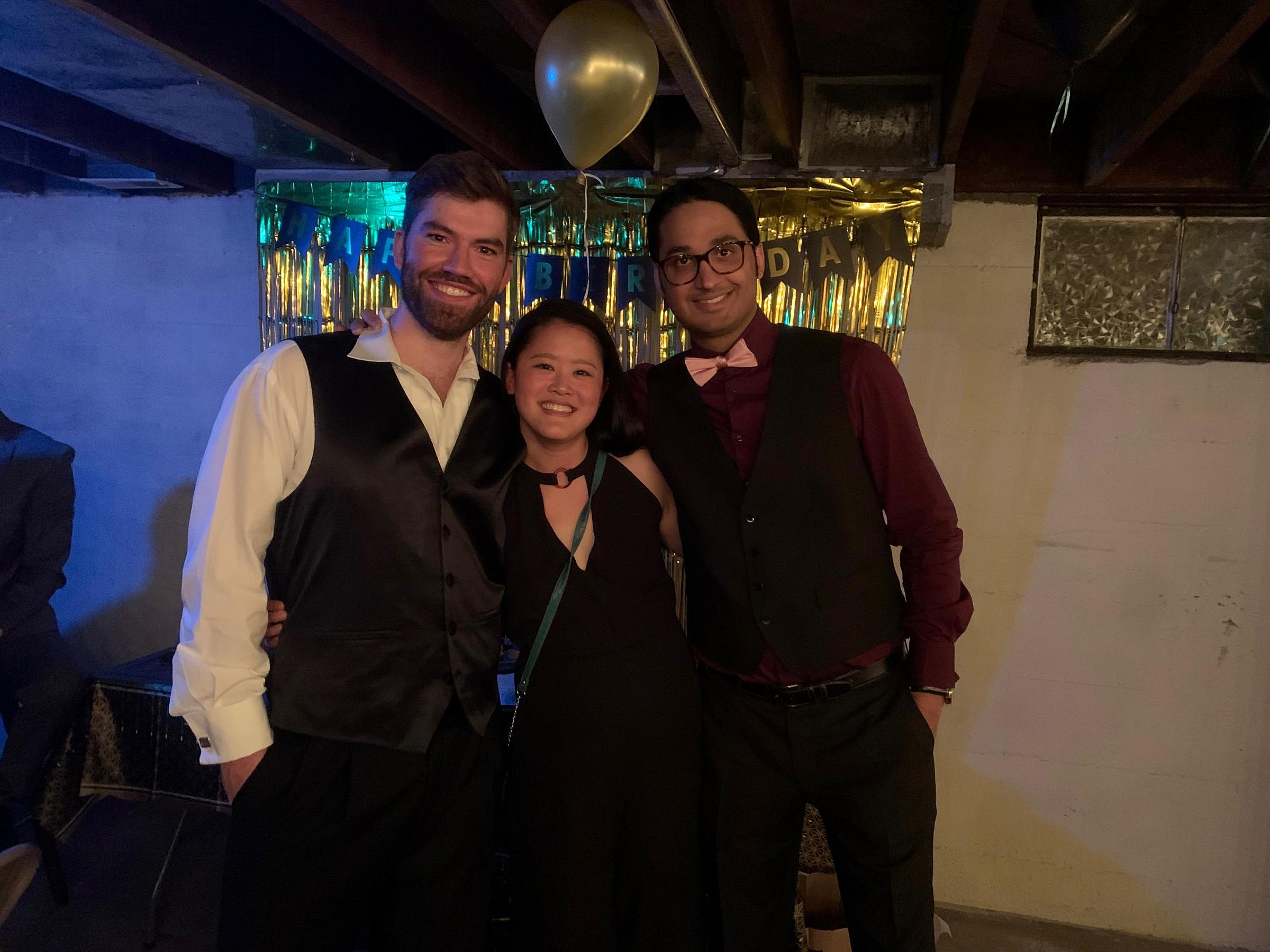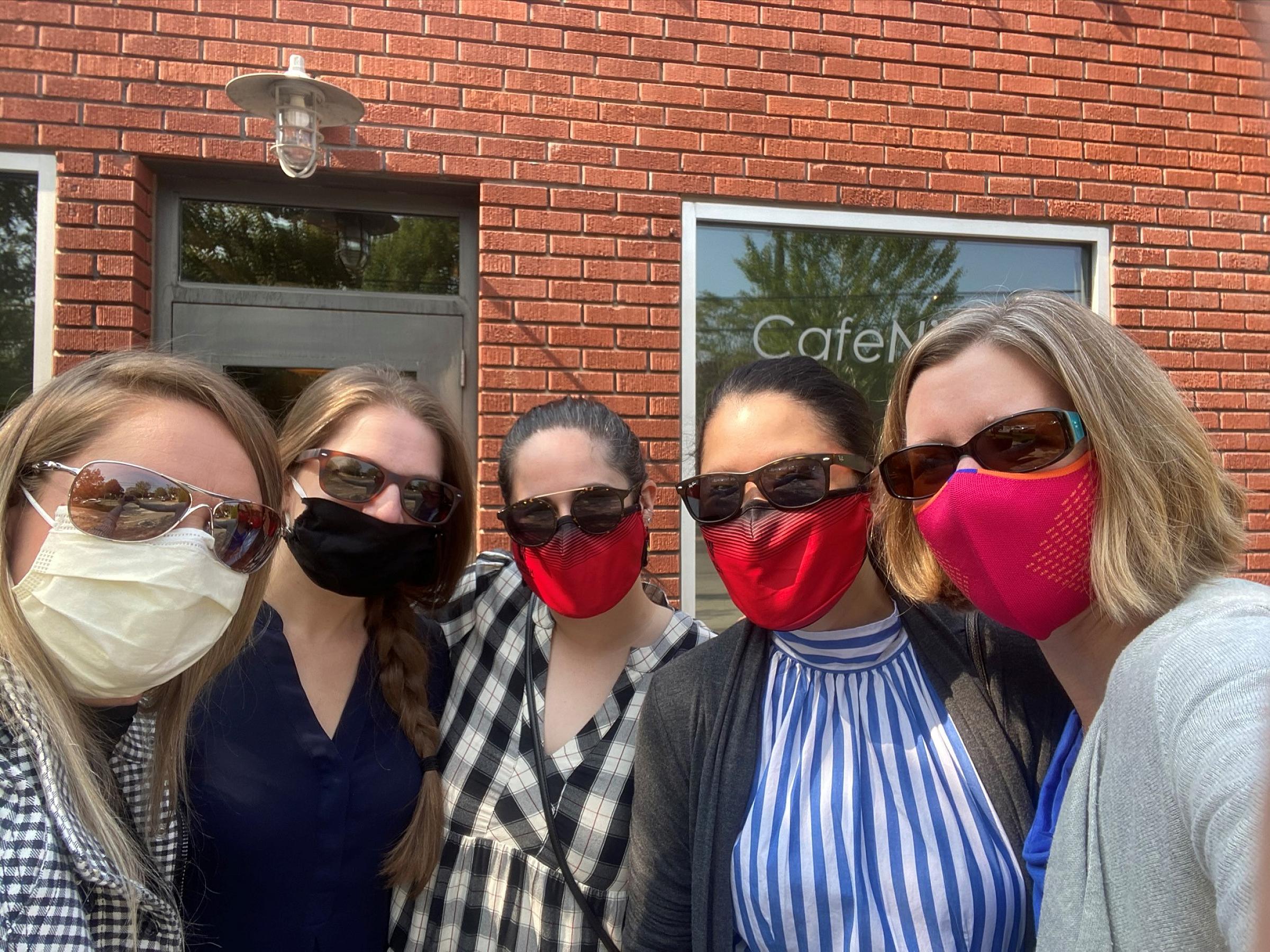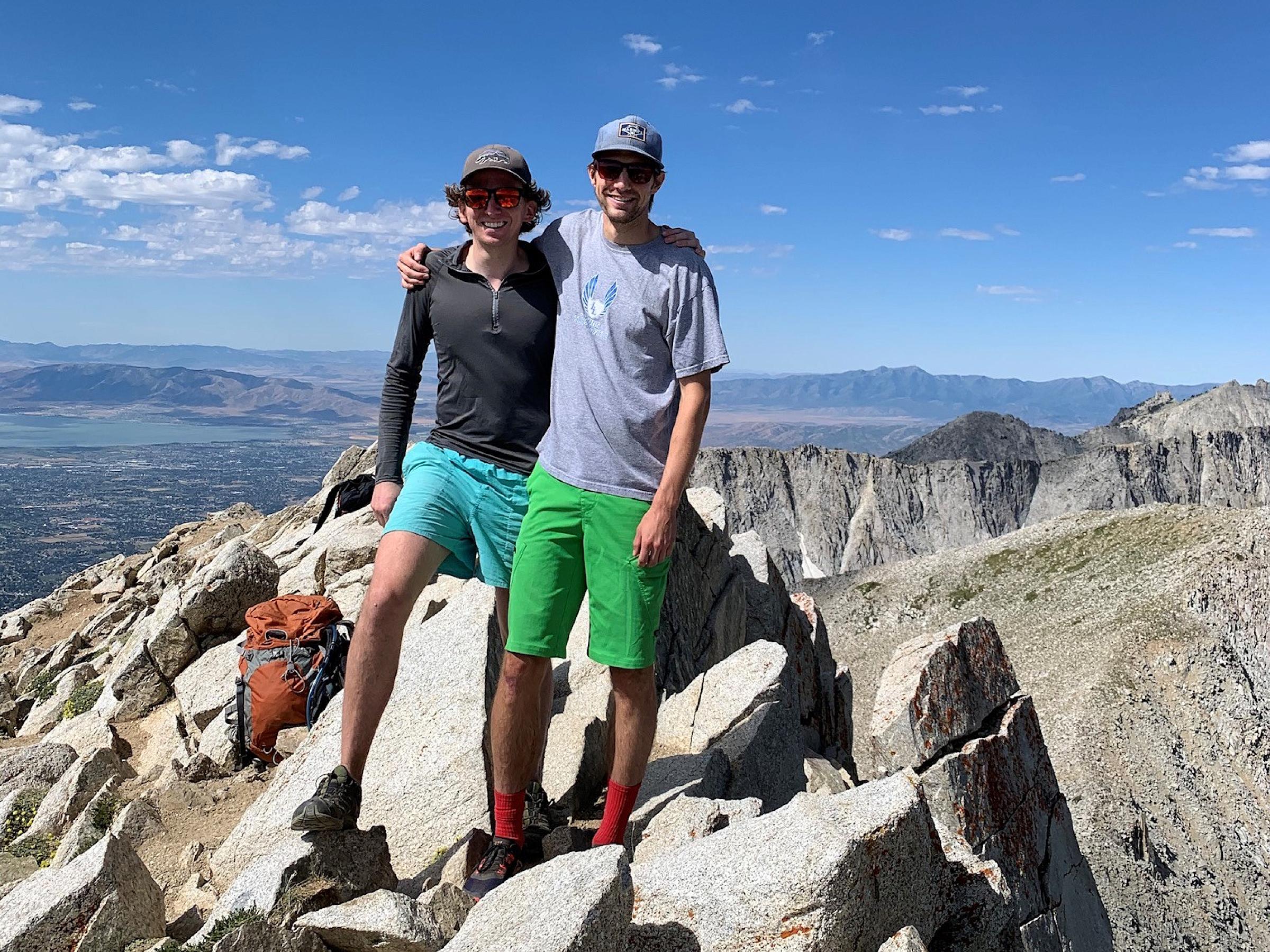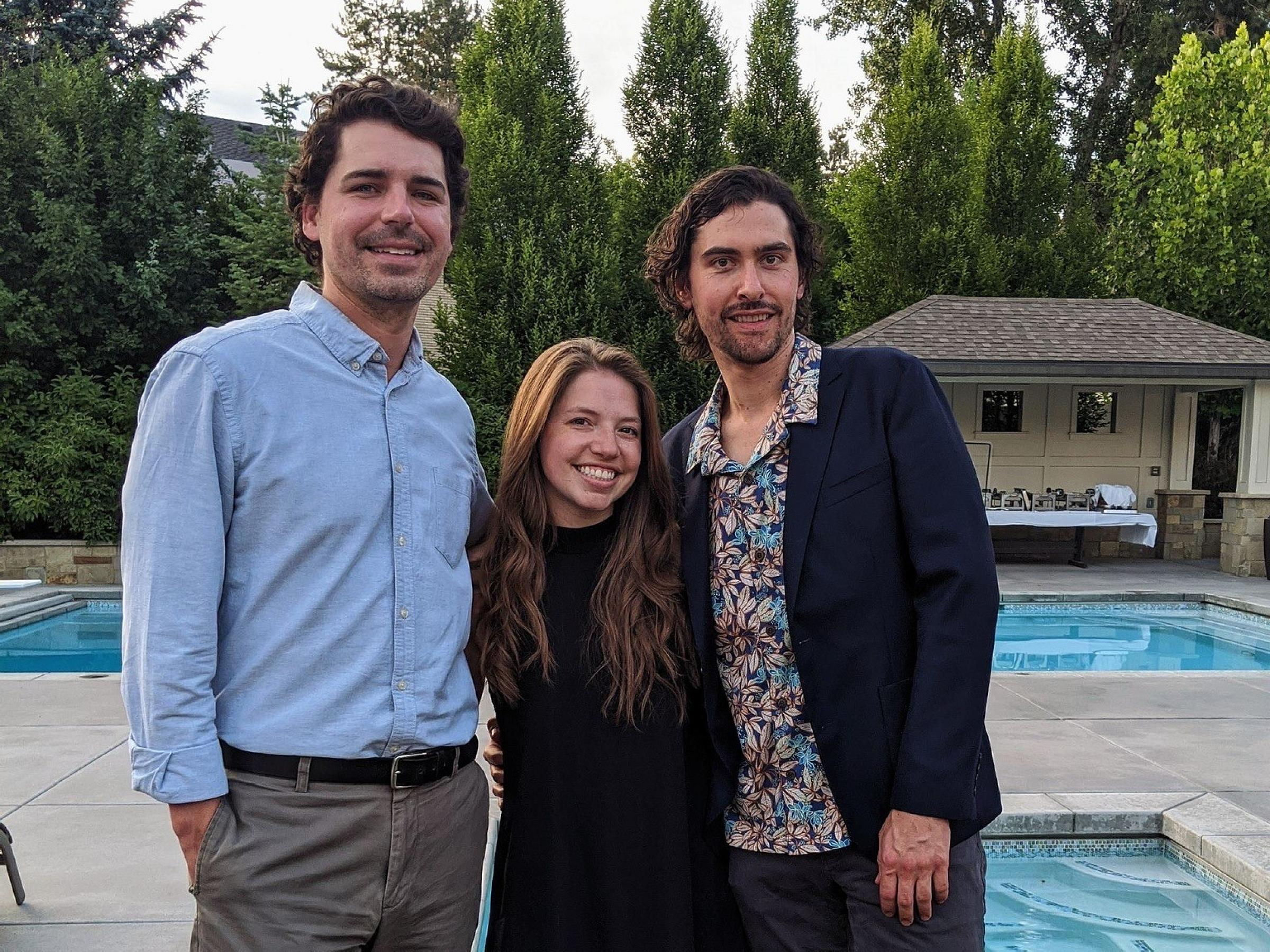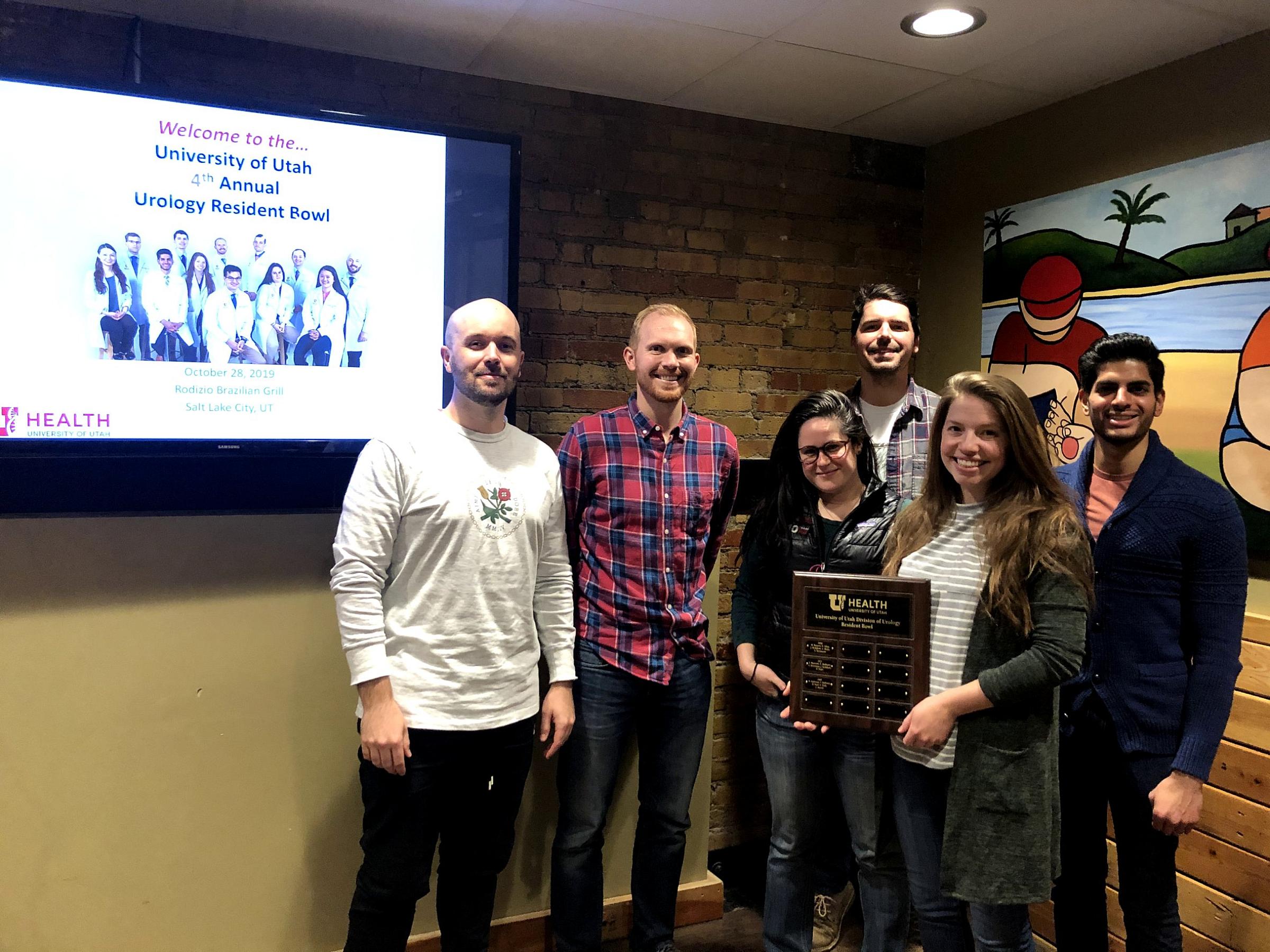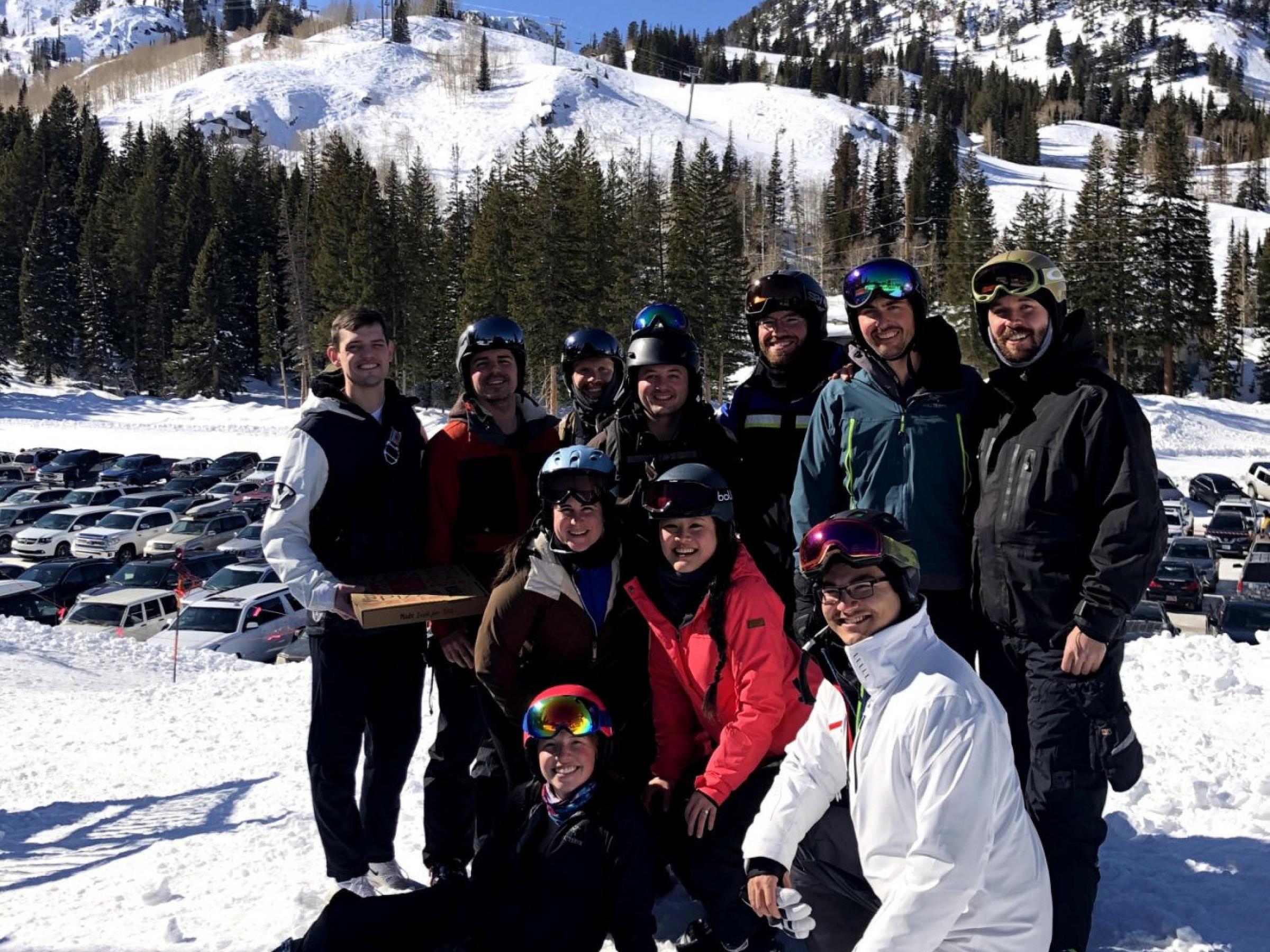
Urology Residency
About the Urology Residency
Comprehensive Training & Hands-On Surgical Experience
The University of Utah Health Urology residency program provides comprehensive training in all aspects of urology. We offer extensive hands-on surgical experience in both open and minimally invasive approaches. Our faculty are dedicated to making you into a superior urologist, able to handle the most complex open and minimally invasive cases, while still being a caring and compassionate physician. We offer diverse training in every aspect of urologic care. The University of Utah is known nationally for high quality patient care and we mirror that with our urology training program.
While surgical skills are our primary focus for our residency, we have a diverse and well supported research program that is transforming how we provide urologic care today. Residents are encouraged to participate in these opportunities to enable them to become well-rounded urologists, regardless of career destination.
Enjoy the following pages as a brief tour of our program. Please reach out to anyone on our team if you need more details.
- Sara M. Lenherr, MD, MS, FPMRS Associate Professor of Surgery (Urology), Residency Program Director – Urology
- Deborah L. Jacobson, MD, MS Assistant Professor of Surgery (Urology), Associate Residency Program Director – Urology
PROGRAM INFORMATION
To train technically excellent urologic surgeons who are confidently prepared to pursue urologic practice in the Intermountain West and beyond.
Five-year program
- The bulk of urology education is in the operating room with an attending surgeon. This is augmented with clinic-based teaching. Each resident attends clinic once weekly.
- We have education teaching conferences twice weekly, 2 hours on Monday mornings and 1 hour every Wednesday morning. Additionally, informal teaching sessions occur at each teaching site.
- Twice monthly, we hold Grand Rounds In Person (GRIP) which focuses on a larger topic not necessarily specific to urology training but one that pertains to all urologic specialties and often includes invited guest speakers.
- Our residency education curriculum includes indications/case based discussion, Morbidity and Mortality, AUA guideline reviews, resident grand rounds, oral board review, etc.
- Several times per year we have “wet” or “dry” labs for certain procedures including PCNL pig lab, sling lab, AUS cadaver lab, urethral bulking pig lab, etc.
- The University of Utah Residency follows all ACGME duty-hour guidelines- see the ACGME website for details. The purpose of following ACGME work hour guidelines is to ensure the highest quality of both patient care, as well as the education of the resident.
- Residents enter their duty-hours into MedHub for monitoring and quality improvement in our training program
SALARY:
- Up to date salary and benefits information can be reviewed at: https://medicine.utah.edu/documents/fy25-gme-trainee-stipend-memo
BENEFITS:
- Residents are permitted three weeks (15 working days) of paid annual vacation, and 5 additional working days of paid annual personal time which must be scheduled with the approval of the Program Director. Both vacation and personal time is non-accruing.
- Up-to-date listing of benefits can be found at https://medicine.utah.edu/gme
- As a group, the resident group anonymously reviews all teaching faculty and reviews the training program. Specifically, suggestions for change are solicited and any grievances will be stated. The resident group composes a group evaluation which is provided to each teaching faculty.
- At any time residents are free to make suggestions and state grievances. These should be made to the Program Director, Associate Program Director, Chief of Urology or GME Ombudsperson. These will be seriously reviewed and considered.
- Professionalism issues with residents are reviewed by the Division of Urology Professionalism Committee which is composed of several residents, the PD, APD and Chief. Remediation recommendations are presented by the committee
- All residents are asked to attend the annual Utah Urologic Society meeting and the UofU/IHC joint MOGULS meeting.
- PGY-4 residents will attend the annual AUA meeting, regardless of acceptance of any scientific presentation.
- PGY-1 residents attend the Fundamentals in Urology Hands-on Skills Training program
- Residents may also attend meetings any meetings where they are presenting scientific data (Moderated poster, Podium, video) as long as the content has not been presented elsewhere. This includes the Western Section of the American Urological Association and other specialty society meetings. International meetings are not funded for residents. Attendance at meetings is considered important as it allows residents to experience first-hand the larger community of urologists.
- All residents are offered the opportunity to participate in one week of international urologic surgery during their PGY4 or PGY-5 year. This is encouraged through IVUmed and the University of Utah’s GU-IMPACTS program.
- We have a very engaged GME wellness program at the University of Utah. See https://medicine.utah.edu/gme/wellness for more details. We have arranged quarterly sessions for the residents with the wellness team during conference time. The wellness team is also available for ad-hoc meetings if any stressful events occur or ongoing individual therapy sessions.
- Every winter, each resident is assigned an “opt out” wellness meeting with someone from the wellness center. This is a time to meet with one of the wellness center therapists and discuss anything on your mind, especially in the harder months of the year. Afterwards, the resident is given the rest of the day off to reflect and take care of themself (not return to clinical duties).
- Our program supports regular resident wellness activities which are initiated both by the residency program director and the residents themselves. Grant funding is available from the GME Wellness office. Past activities have included:
- Intern welcome brunch/hike
Resident family pool party
Ladies’ brunch
Axe throwing
Real Salt Lake professional soccer games
Escape room
Resident Bowl
Climbing gym
Pottery class
Resident ski day
Resident and family bowling - Additionally, the program sponsors a wellness lecture series including prior lectures on ergonomics in the operating room, financial planning, and psychology tools for wellness.
- The Academic Year starts July 1st. At this time, all residents will rotate to their next year and the Chief Residents will be released from clinical duties.
- As stated above, three weeks (15 working days) of paid annual vacation, and one week (5 working days) of paid annual personal/professional development time which must be scheduled with the approval of the Program Director.
- Only one resident may be gone from a service at one time.
Educational
- Job interviews for a Fellowship or for private practice in general will not count towards vacation, unless deemed excessive by the Division Chief. Fellowship interviews will generally be exempt from vacation time. Private practice interviews are somewhat more flexible and should be requested as a Friday-Saturday interview if possible. If you are planning to interview during a weekend that would normally fall on your on-call time, this weekend must be made up to balance the overall call-schedule. Interviews taken during the week may count towards your vacation time if it severely disrupts patient care or is for an excessive period of time. Staying longer than your expected time away and placing excessive unscheduled burdens on your fellow residents is not acceptable.
- Attendance at national and regional meetings will be permitted and encouraged as outlined above in the policy on "Urology Meetings."
Sick Leave/Family Leave/Parental Leave
- We have specifically looked at Parental Leave as a group priority and have developed a policy.
- The American Board of Urology requires 46 weeks of full-time clinical activity in each of the five years of residency. However, the 46 weeks may be averaged over the first 3 years of residency, for a total of 138 weeks required in the first 3 years, and over the last 2 years, a total of 92 weeks is required.
- All urology residents will be given a two-week period of leave to accommodate parental responsibilities in the event of childbirth, surrogacy, or adoption
- Three categories of leave can be utilized in the event of a pregnancy: Disability leave, Parental leave, and Vacation time
- Between the three types of leave, residents are eligible for up to 10 total weeks of leave during a single residency year (disability leave + parental leave + vacation)
- Disability leave + parental leave + vacation time may total up to 12 weeks over a two-year period
- In general, leave taken under the Family Medical Leave Act is paid, but any necessary make-up time is unpaid. For example, surgery residents receive five full years of pay for a surgery training program. Leave could include a six-week absence in the second year for maternity leave, in addition to three weeks of vacation for a total of nine weeks of leave time during that one year. Because a maximum of four weeks per year is allowed by the American Board of Surgery, five weeks must be made up. The house officer will be paid for the FMLA leave time, but the five weeks of make-up time will be unpaid.
- When unexpected illness and family emergencies arise, the Division will try to be accommodating as much as possible. Two or three days may be given as an extension to your vacation time to deal with these situations, however, extensive time away will need to be counted towards your vacation.
- Moonlighting is defined as professional and patient care activities that are external to the educational program. Urology residency is a full time responsibility. Activities outside of the educational program must not interfere with the resident's performance in the educational process.
- The following statements have been issued to ensure that neither resident education nor patient care is compromised.
- All moonlighting activities must be approved by the Program Director.
- Because of the new ACGME work hours regulations, all "internal" moonlighting hours will be counted toward the 80-hour work week rule.
- All moonlighting done by residents with the University Hospital System or one of the affiliated hospitals (VAMC, PCH, IMC) must be approved by the program director and a Moonlighting Authorization Form completed, a copy of which will be sent to the GME office.
- If a resident chooses to moonlight, he or she is responsible for obtaining or verifying his/her own liability coverage. Even if this activity is being performed at the University, or an affiliated hospital, and/or additional compensation is being provided to the resident, it is outside the scope of a resident's duties as a house officer.
- If moonlighting interferes with a resident's performance in a training program, as judged by faculty evaluations, this is a legitimate reason to require a resident to stop moonlighting.
- A resident will have 6 months of general surgical residency training during their first year of residency. Based on this general surgical training, the resident should be experienced in the care of patients who have had a wide spectrum of operative procedures, serious illness and trauma. The resident should be experienced in the operating room, be moderately facile with instruments and suturing and be able to perform general surgical procedures of minor to moderate complexity.
- For Urology, the resident is expected to become familiar with all surgical procedures related to the genitourinary system. He or she is expected to read journal articles and textbook chapters related to the care of specific patients' diseases and surgical procedures. He or she is expected to become familiar with material and basic textbooks of urology, to study the AUA Update articles and to read and study regularly in The Journal of Urology. He or she is expected to be knowledgeable about the basic sciences related to Urology. Other reading and study may be assigned.
- The annual in-service examination is administered by the American Urological Association (AUA) and is required for all urology residents, unless exempted by the Program Director because of extenuating circumstances. There is no defined pass/fail standard, but each resident will be evaluated relative to their national peer group. Residents will take the Urology in-service exam PGY1-PGY5 years. Scoring above the 80th percentile will be considered an outstanding performance; 50 to 80th percentile will be considered good; 20 to 50th percentile will be considered acceptable, but in need of improvement; and scoring less than the 20th percentile will be considered inadequate and suggest the need for remedial studies and possible disciplinary action.
- Residents will be provided with a broad exposure to outpatient and inpatient urology and will have vast opportunity to gain experience with surgical techniques and procedures.
- Residents are expected to dress and act professionally and be respectful with staff, fellow residents, nurses, patients, patient relatives and hospital employees. They should set an example of dedication to duty, honesty and patience. There is no place for losing ones temper.
- By the end of the residency training, the resident will have a broad knowledge of the urologic literature and basic sciences related to urology. He or she will be a capable urologic surgeon who can practice urology independently. He or she will be prepared to enter private practice or pursue Fellowship training leading to a career in academic urology. Every effort will be made by the faculty to help the resident expand his or her experience, judgement, education, technical skills and ultimately his or her ability to become Board certified and function as a mature urologist.
- Residents are expected to study research techniques and disciplines and will be expected to participate in one or more research activities. By the end of residency, each resident is expected to publish one paper which they contributed to substantially. There is no dedicated research block during residency but some rotations are lighter and have built-in academic days.
Residents receive extensive operative and clinic experience at an excellent combination of hospitals:
- University Hospital (Univ)
- Huntsman Cancer Hospital & Institute (HCH)
- Primary Children's Hospital (PCH)
- Intermountain Medical Center (IMC)
- George E. Wahlen Veterans Affairs Medical Center (SLC-VAMC)
This combination of facilities provides optimal exposure to the full breadth of urologic disorders and each runs a busy clinical service. Our anchor hospital, the University Hospital, is tertiary care, regional referral hospital for five intermountain states. The university clinics offer excellent and diverse patient care.
ROTATION INFORMATION
5 years.
You will be trained as a confident, exemplary surgeon in all aspects of urology. We have a comprehensive training program with a stand-alone children’s hospital (PCH), Cancer Hospital (HCH), VA medical center (SLC VAMC), tertiary care center (Univ) and private practice setting (IMC)
How to be a confident urologist whether you proceed to fellowship or private practice.
STRUCTURE
The University of Utah Urology Residency operative experience offers very high volumes, including rare case types in subspecialties. We have fellowship trained faculty in all subspecialities of urology. Most faculty offer direct feedback at the time of the case, some use the SIMPL application. The intention is that you will progress very rapidly with your surgical skills with repetition and continued exposure.
PGY 1 - "Intern”
- During this period, the resident is expected to become familiar with the operating room and learn to carry out simple and moderately complex general surgical procedures under supervision. The resident should be experienced in preoperative and postoperative patient management, managing patients in the intensive care setting, and evaluating patients prior to surgery. The resident will sit for the Urology In-Service Examination in November. Currently, the PGY1 year includes 6-months on the urology service (Univ, VAMC & PCH), 2-months IMC general surgery, 1-month VAMC general surgery, 1-month Colon & Rectal surgery, 1-month SICU and 1-month VAMC Emergency Department. As an intern on the urology service, you will gain early experience with endourologic surgery, management of the inpatients and urology consults. You will be well supported but also learning to be a surgeon very early on. You will also attend clinic 1-day per week.
PGY 2
- No longer the intern, you will feel more confident with all endourologic procedures and will carry out many procedures of mild to moderate complexity under the supervision of the Chief residents and faculty. You will also attend clinic 1 day per week. During the second ½ of the year, you will be on night float for 2 months. A word about night float: We started our night float rotation in July 2023. This has been an astounding success. Our residents are awake and available for on-call emergencies, we have fewer hand-offs, and patients get better care. While these aspects are important, our residents are now better able to learn and grow when on other rotations rather than be sleep-deprived and running on steam. This rotation has been a win-win all around.
PGY 3
- Third year is where things really start to click. Not only are you doing more complex cases, you are teaching the interns and running many parts of some services. You will expand your rotation sites to Primary Children's Hospital (PCH) and Intermountain Medical Center (IMC). You will be the primary surgeon in more operative procedures and first-assist in many others. Your experience will expand even more as you see the patterns in pre-op and post-op care. You will also attend clinic 1 day per week. During the first ½ of the year, you will be on night float for 2 months.
PGY 4- “Senior"
- Now a senior, you no longer are in the junior call pool. You take call less frequently but you are overseeing all the small things and coaching your juniors. You will continue with more diversity in your rotations, and tackle the senior role at HCH. You will perform more complex procedures under supervision and will continue to function under the direction and supervision. You will also attend clinic 1 day per week.
PGY 5 - “Chief Resident”
- This is the culmination of the urologic residency training. On each rotation, you will assign junior residents, teach and supervise them and teach medical students assigned to Urology. You will carry out a great deal of major urologic surgery under the supervision of the faculty. You will also attend clinic 1 day per week.
RESIDENCY SURGICAL VOLUMES
The University of Utah Urology is the only urology residency program in the Intermountain West (Utah, Wyoming, Idaho, Montana, Nevada), so we have a large catchment area of urologic conditions. We also have 5 different training sites that focus on different patient populations. This offers our residents a rich program with high surgical volume. We rarely encounter “double-scrubbed” rooms-- typically only if a senior is taking a junior through a case. Our interns are operating on day one, not just learning about floor management. Our residents meet or exceed surgical volumes for all index cases for the ABU. Often much of our resident case log volume is completed prior to starting the PGY-5 year. Details about case logs will be reviewed during interviews.
PROGRAM APPLICATION
MD or DO trained applicant
Your ERAS application should include the following:
- MSPE- Medical Student Performance Evaluation from your medical school
- School transcript
- Letters of recommendation including at least three from surgeons or urologists at your medical school
- USMLE Step 1 pass/fail score. We highly encourage, but do not require, the USMLE Step 2 be taken prior to applying to the Match
- Research experience, specifically describing your contribution to the work. Be prepared to discuss methods and rationale for the project if you are invited for an interview
- The Division of Urology trains three residents per year. Our residency program is five years long. Hospital rotations include: University of Utah Health Sciences Center, Huntsman Cancer Hospital and Institute, Primary Children's Medical Center, VA Medical Center and Intermountain Medical Center.
- The Urology Residency Training Program at the University of Utah participates in the annual American Urological Association Residency Matching Program. See the Society of Academic Urologists (SAU) website for current match timeline for this academic year.
- The Division of Urology conducts a comprehensive, holistic review of applications. We do not discriminate on the basis of sex, race, age, religion, color, national origin, disability, or veteran's status.
We take the review of your application seriously and conduct a holistic review of application files. This includes reading all letters of recommendation, all personal statements and reviewing many of your publications. We will be conducting in-person interviews this year, providing you with an opportunity to meet us in person, see our facilities and experience some of what Salt Lake City has to offer.
Interview Dates: November 18 & 19, 2024. In -Person interviews in Salt Lake CIty.
CONNECT
Adult Urology
- Blake Hamilton- endourology
- Jim Hotaling- Men’s Health/Andrology
- Kelli Gross- Men’s Health/Andrology
- Sara Lenherr- female urology/reconstruction
- Ben McCormick- reconstruction
- Elissa Mulroy- general urology
- Jeremy Myers- reconstruction
- Steve Summers- endourology
- John Smith- general urology (non-surgical)
- Drew Durtschi- general urology (non-surgical)
Adult GU Oncology
- Chris Dechet
- Brock O’Neil
- Alex Sanchez
- Bogdana Schmidt
Pediatric Urology
- Patrick Cartwright
- Debbie Jacobson
- Glen Lau
- Anthony Schaeffer
- Chad Wallis
DIRECTOR:
- Sara M. Lenherr, MD, MS, FPMRS, Residency Program Director
- Deborah L. Jacobson, MD, MS, Associate Residency Program Director
MANAGER:
- Elizabeth Lignell
- Phone: 801-213-2718
- Email: Elizabeth.Lignell@hsc.utah.edu
